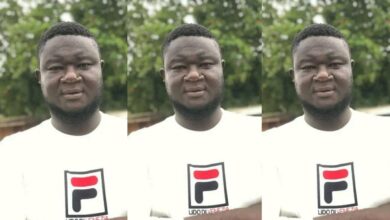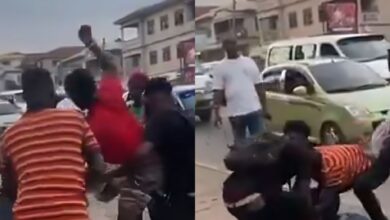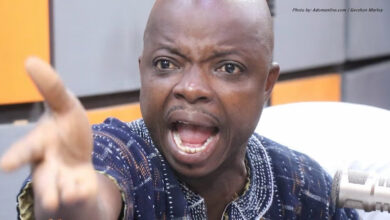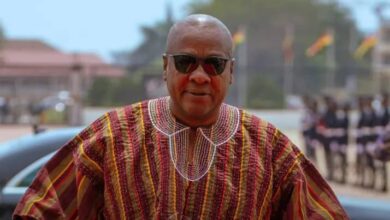Afoko shares personal story of arrest, exile and the power of conviction
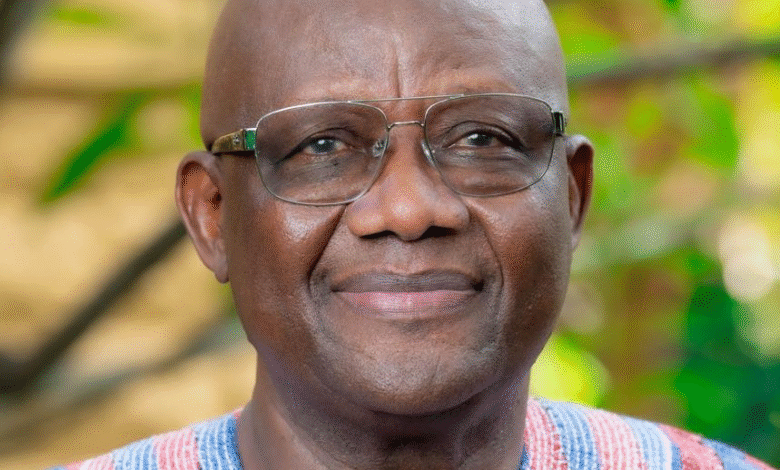
Former New Patriotic Party (NPP) National Chairman, Awentami Paul Afoko, says civic courage remains the “prime ingredient” for national progress, insisting that defending principles, speaking truth to power, and protecting democracy must never be treated as partisan or ideological acts, but as moral duties.
Delivering his address at the fifth Dialogue Public Lecture held at the Ama Ata Aidoo Centre for Creative Writing at the African University of Communications and Business (AUCB) on November 21, 2025, Afoko stressed that civic courage is the strength to declare wrongdoing even at personal cost.
“Civic courage is the willingness to defend principles even when it is dangerous, to speak truth even when truth is unwelcoming,” he noted. “It is what holds a nation together, because it is rooted in moral fibre, not political colours.”
According to him, while academic discussions often portray courage as clean and heroic, real life demands a deeper, riskier form of truth-telling that often comes with heavy consequences.
To illustrate, Afoko recounted his own experience during the 1981 coup that returned the late Jerry John Rawlings to power. At the time, he publicly challenged the legitimacy of the takeover and insisted that power be returned to the democratically elected president, Dr. Hilla Liman, even though he did not belong to Liman’s party, the PNP.
His stance, he said, was guided not by political alignment but by conviction and a sense of justice.
Afoko’s open criticism led to his arrest and detention without trial. He was later imprisoned and eventually fled the country, spending nearly two decades in exile. He only returned when the political atmosphere became safer.
“Speaking up is expensive,” he told the audience, “but keeping silent is more expensive. Silence would have betrayed my conviction, and it would have opened a dangerous gate that could have harmed the country.”
He explained that his stance contributed to widening the national space for dissent and open criticism, a foundation that later supported Ghana’s beginning of multi-party democracy.
From his experience, Afoko said he learned that courage shapes nations “more than fear ever will,” urging young Ghanaians to resist silence when democratic values are threatened.

